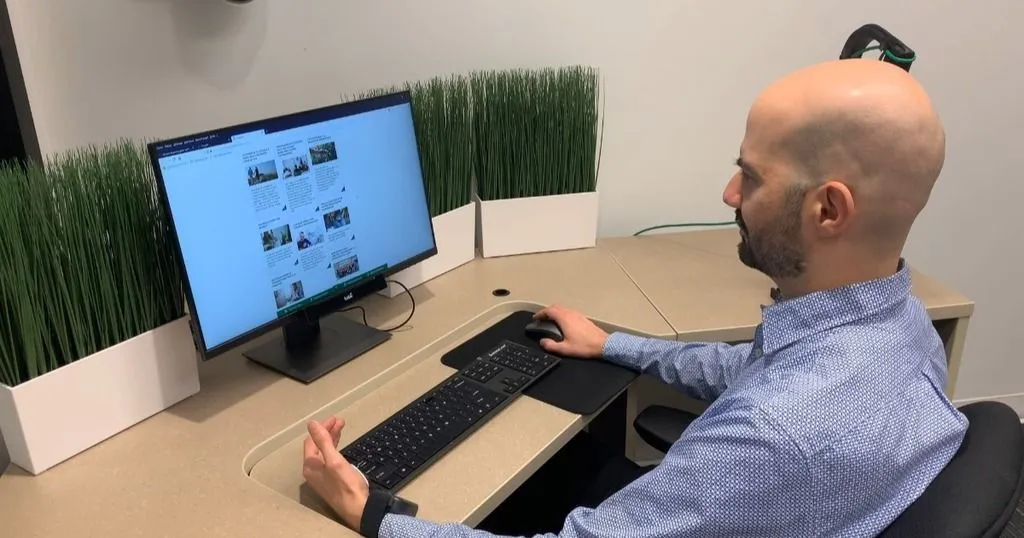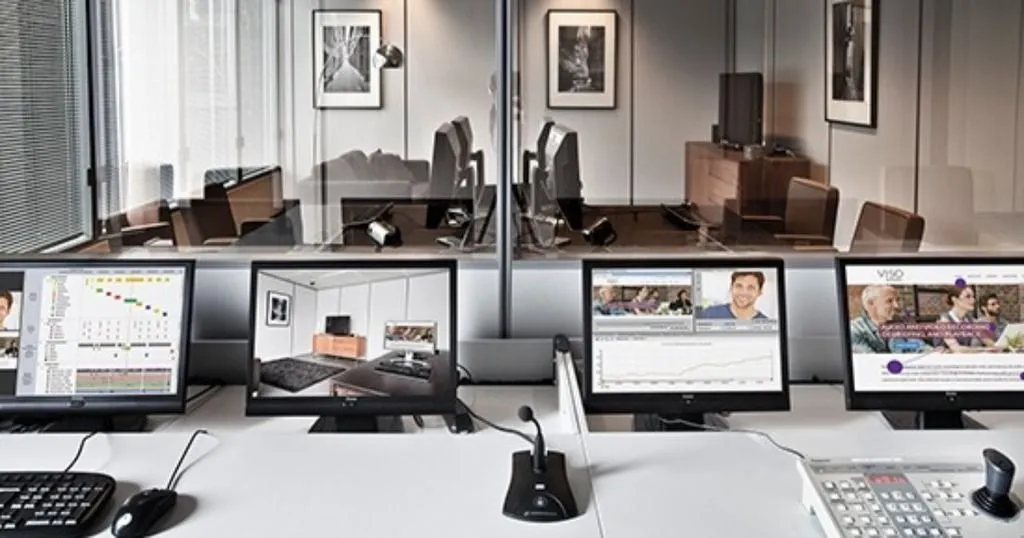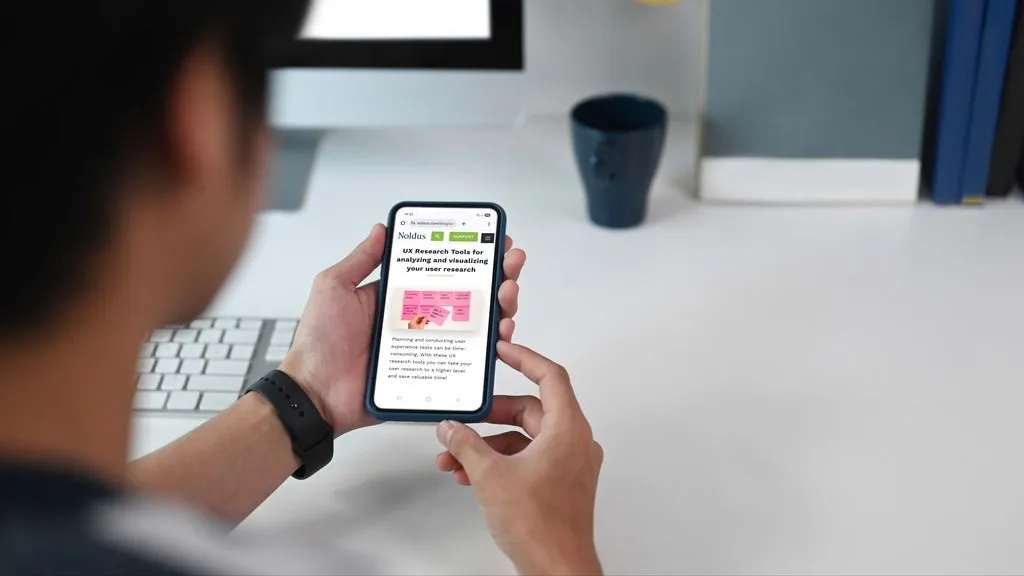UX: from the Anthropocene to science fiction and moonshots
Even after spending a decade in contact with User Experience researchers and professionals, the domain never stops to fascinate and amaze me. In October I had the privilege of joining the 10th NordiCHI conference, in Oslo.
Posted by
Published on
Fri 26 Oct. 2018
Topics
| Conferences | FaceReader | Human-computer Interaction | Human-robot Interaction | UX Research | UX | UX Lab |

Guest blog written by Bram van Mil.
Even after spending a decade in contact with User Experience researchers and professionals, the domain never stops to fascinate and amaze me. In October I had the privilege of joining the 10th NordiCHI conference, in Oslo.
User Experience research revisited at NordiCHI 2018
The keynotes clearly showed how broad the User Experience domain really is. Where Jeanette Blomberg told about her broad experience and challenges using ethnography in design processes, even having to ‘thingify’ her research in order to convince the developers and marketeers of the importance and impact of her findings.
What a difference with the work of Carly Gloge at X, Google's "moonshot factory". She gave an inspiring talk about solving large societal problems through technology. Great examples were delivering medicines to remote locations with drones, and disrupt mobility and transportation with the Waymo autonomous cars.
Of course it helps working for a company where budgets are limitless, but still it is great to see and hear about how diversity really adds to the success of a team, and how a culture where failing is seen as an indispensable part of progress truly helps innovation.
UX: From the Anthropocene...
Steven Jackson even took it one step further, and made us think about the Anthropocene, the era in which humans have played the dominant role on the planet earth. (Interesting question: when did this era start? When we started settling? At the industrial revolution?).
Everything we design has a great impact on the world, so we should consider this when designing and make this impact an integral part of the user experience.
It was great to hear his view on UX, and on repairing and reusing discarded electronics for their original purpose or for something completely different.

Experiencing Oslo
... to science fiction
The rest of the program included a lot of great presentations as well. Some of the talks really stood out for me, maybe because of personal preferences or relevance to my own work. How much fun must it be to create science fiction future scenarios to get stakeholders to think outside of the box, presented by Sus Lyckvi (sorry, I love science fiction, so how not to like this idea).
And how cool is it to develop a personalized robot as a personal assistant for someone who suffered late brain injury, presented by Kasper Rodil (especially because the robot was a bearded tough guy wearing shades and carrying bow and arrows).
Something completely different: The paper by Gayathri Gopalakrishnan was very practical, as she redesigned the design thinking model, in order to make it more applicable and better explainable in commercial organizations, definitely a model that I will be using.
Many usibility studies still involve ethnographic work
Overall, it surprised me how much of the studies still involved ethnographic work. Carly Gloge had a great example of a situation where a human observer was necessary to see what the Waymo could not see: Apparently they do not train cars to recognize women in wheelchairs chasing ducks with a broom.
Tools as FaceReader were hardly used for measuring experiences, neither was eye tracking to find out what people are looking at. An integration of these modalities can give great new insights, and it does not have to be complex. So it is possible to include these approaches in modern, agile development processes.
Maybe you picked different highlights of the NordiCHI (or any other) conference, but that is the benefit of such a diverse and high-quality program. It is great to be active in this domain, and to provide the tools that help make products that people will love.
Related Posts

UX / Neuroscience lab in the spotlight

How to build a usability lab?

